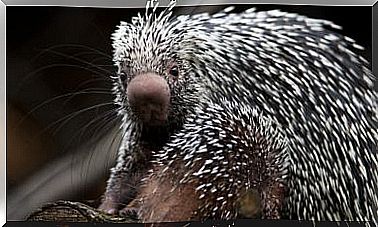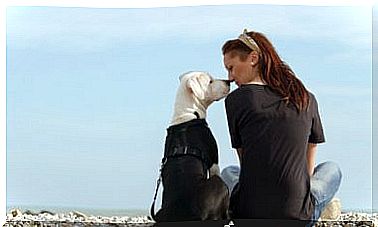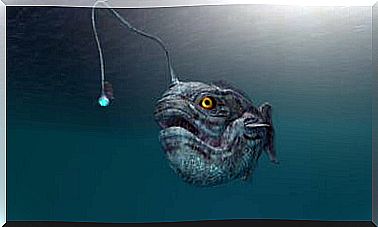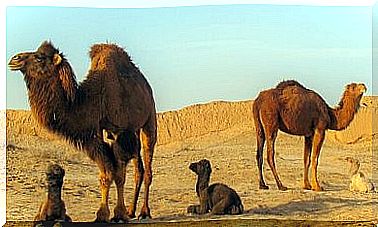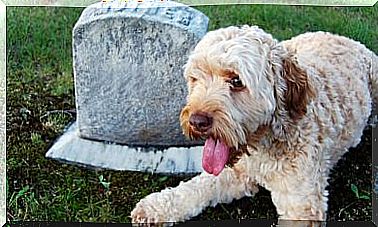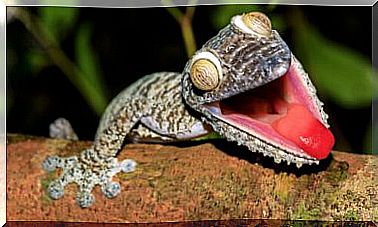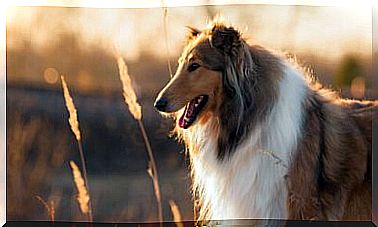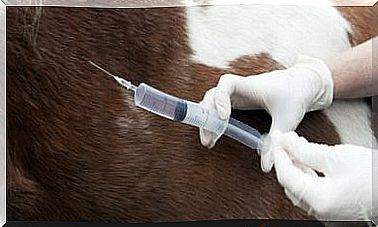Is Your Dog A Good Hunter?
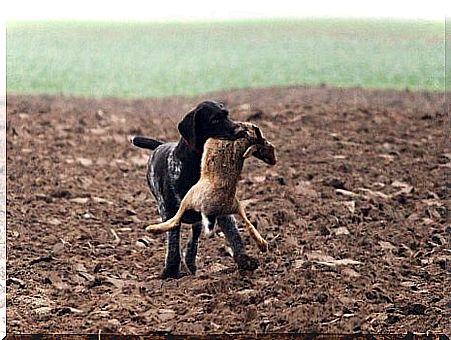
Have you observed your dog very focused on the movements of birds or insects in the park or on the streets? Our friends inherited certain instinctive behaviors like hunting or herding from their wild ancestors. To find out if your pet is a good hunter, we suggest you learn how the hunting instinct is expressed in dogs.
What is instinct
Instinct appears as a natural engine that drives all living beings and allows their survival. Thanks to it, a living being can act in the face of various stimuli in its environment such as sounds or images. And without it, any living being is vulnerable to its own habitat.
As it is inherent in the nature of all animals, instinct is defined as a ‘pure force’. This force acts in a cyclical way, being at the same time the cause and the consequence of all the actions of an animal. Every instinctual behavior is a complete expression of instinct, from its beginning to its conclusion.
Certain behaviors generated from instinct, which appear as adaptive capacities, are genetically transmitted between animals. These habits and behaviors are passed from generation to generation as an ability to adapt to their environment that guarantees their survival. Hunting instinct, for example, was crucial to allow the nutrition of wolves and wild dogs.
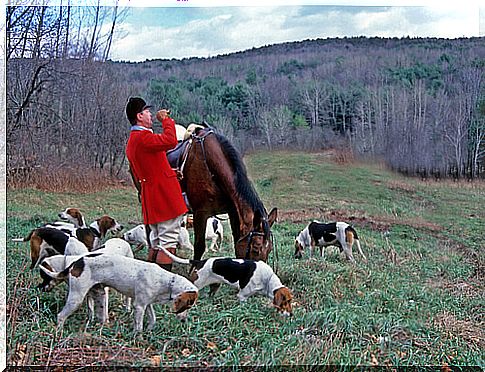
Also puppies of certain breeds can show a natural urge to perform certain functions without having received any training. Border collies, for example, can naturally start herding from two to three months of age.
Hunting instinct in dogs
Historically, dogs and men have hunted together by using their abilities to obtain a better hunting day. Alone, man and dog were strong, but vulnerable. Together, they added rationality, instinct, and loyalty to preserve their families. A relationship that was destined for success from its distant beginnings.
Almost all dogs retain the hunting instinct in their DNA, even though they do not need to chase or shoot down prey to feed. However, some breeds show a greater predisposition or facility for hunting. Older dogs, such as the chow or the Siberian husky, tend to preserve their well-marked instincts even today, if we take into account that they have evolved in certain attitudes.
How to know if your dog is a good hunter
It is possible to know if your dog is a good hunter by looking at his genetic inheritance and behavior. Here are some tips to easily recognize the hunting instinct in your best friend.
Take into consideration your genetic predisposition
As we already mentioned, the instinctive behavior of hunting is very strongly imprinted in the genes of some breeds. Therefore, genetic inheritance can be an excellent indicator to discover if your dog is a good hunter.
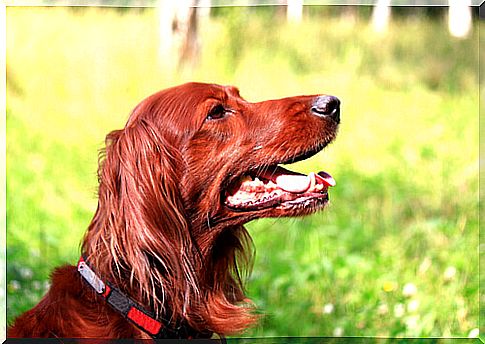
If your pet belongs to the terrier, bracos, retrievers, pointer, setter, retriever or spaniel, it is very likely that he exhibits a strong hunting instinct. In addition, beagles, dachshunds and Dalmatians also show great interest in hunting.
On the other hand, if you adopted a beautiful mongrel, you will be able to find out if your dog is related to these canine families. But it will be simpler and more effective to observe their behavior to identify certain hunting attitudes.
Observe your dog’s behavior
Regardless of its race, age or sex, any dog can show a predisposition for hunting activity. Therefore, the best way to know if your pet is a good hunter, carefully observe its behavior.
Hunting dogs have a more developed sense of smell than other dogs. They tend to sniff the elements of their environment almost obsessively in search of any trace of possible prey. If your furry dog constantly sniffs the earth, vegetation, air or every corner of the home, it is one of the most obvious signs of his hunting instinct.
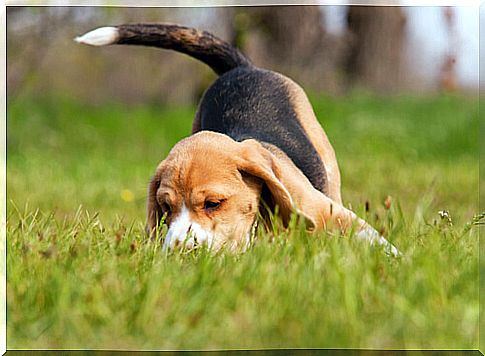
Furthermore, dogs with well-developed hunting behavior almost never raise their heads when walking. Their senses are focused on the land, where their natural prey usually hide.
On the other hand, if your dog is a good hunter, it will be attentive to the movements of any animal it perceives in its environment. In more extreme cases, it may try to run away, get out of control, and disobey its owner to chase birds, insects or small rodents.
These uncontrolled attitudes should not be encouraged in any dog, regardless of its size or breed. A dog stubborn in catching prey can pose a risk to animals and people with whom they share the same environment.
